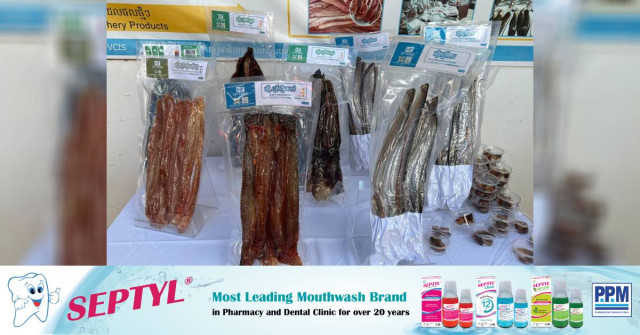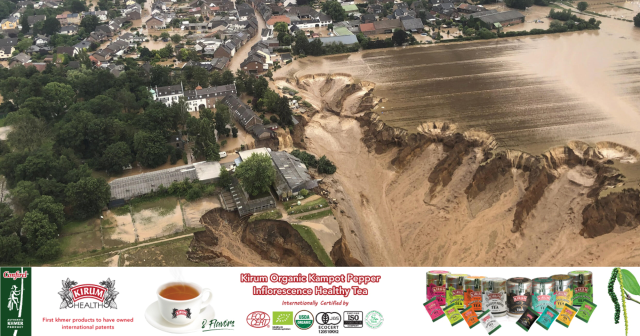First Batch of Dried Fish on the Way to Australia

- By Torn Chanritheara
- April 25, 2024 5:25 PM
PHNOM PENH – Nearly five tonnes of dried fish are on their way to Australia, the first time Cambodia’s processed fish have been exported officially.
Agriculture Ministry spokesperson Im Rachna said Siem Reap-based Home Taste Food Enterprise started the export through the Cambodia Quality Seal which certifies business operators for their commitment to high-quality and safe products.
The first official export included dried fish, smoked fish and salty fermented fish. They were shipped in an air-conditioned system on April 3 and were due to arrive on April 28 or 29.
She said dried fish have been sent unofficially to foreign markets but Home Taste Food is the first Cambodian enterprise to export processed fish products officially.
Taste Food received training from the CAPFISH-Capture project which is implemented by the Fisheries Administration (FiA) of the Ministry of Agriculture, Forestry and Fisheries and the UN Industrial Development Organization which aims to support technical capacity to strengthen the private sector.
It also promotes competition and enhances the food standard system in Cambodia to meet national and international needs.
The spokesperson said CAPFISH-Capture-trained enterprises receive the quality seal to let them export their products.
“The export depends on whether each enterprise can find a market for their products. The enterprise needs to negotiate with their partner and deliver to the destination,” she said.
She said the ministry is pleased with the success of Home Taste Food and the presence of Cambodian processed fish products in the international market.
“We will continue to support Home Taste Food which aims to expand its exports to the United States and New Zealand by more than 100 tonnes in the near future,” she said.
FiA and partner organizations would continue to work with other fish processing enterprises to ensure that they carry out quality and hygiene inspections so that their products meet safety standards in line with national regulations and international food safety requirements.















